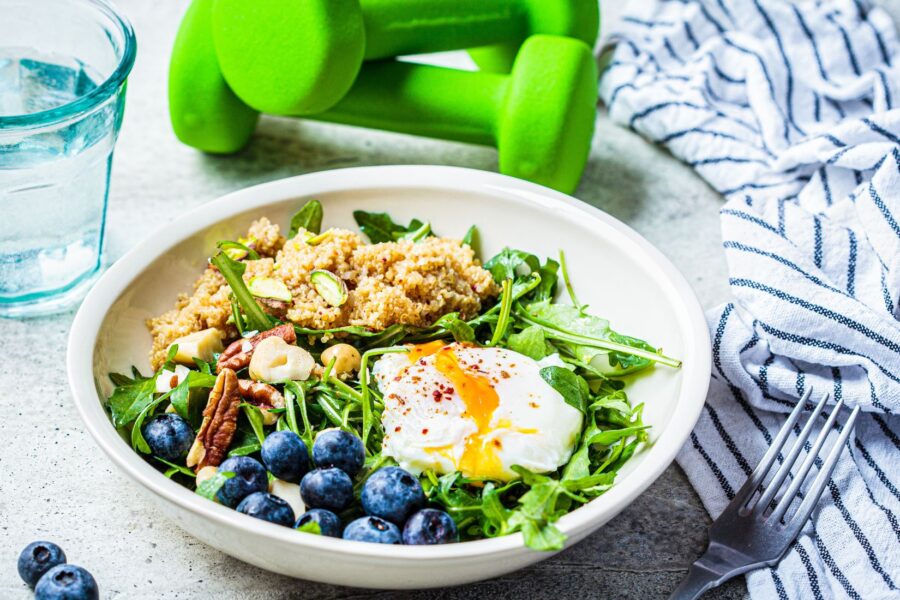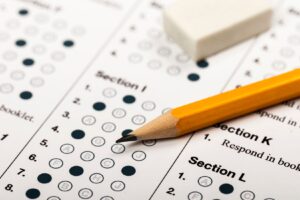Did you know that January is National Staying Healthy Month! Part of staying healthy involves a proper diet. But, what you eat before a game is just as important as what you eat on a daily basis. Eating before a game is essential to providing your body with the energy and nutrients it needs for optimal performance. The right pre-game meal should include a balance of carbohydrates, proteins, and a moderate amount of healthy fats. Here are some general guidelines for what to eat before a game:
Timing:
- 3-4 hours before the game: Consume a larger, balanced meal to allow for proper digestion and nutrient absorption.
Carbohydrates:
- Complex carbohydrates: Choose whole grains, brown rice, quinoa, oats, sweet potatoes, or whole-wheat pasta. These provide a steady release of energy.
- Fruits: Include fruits like bananas, apples, or berries for additional carbohydrates and vitamins.
Proteins:
- Lean protein sources: Opt for lean proteins such as chicken, turkey, fish, tofu, or beans. Protein supports muscle repair and maintenance.
Healthy Fats:
- Moderate fat intake: Include sources of healthy fats, such as avocados, nuts, seeds, or olive oil. Fats contribute to sustained energy.
Examples of Pre-Game Meals:
- Grilled chicken or tofu with quinoa and roasted vegetables.
- Whole-wheat pasta with tomato sauce and lean ground turkey.
- Turkey or veggie sandwich on whole-grain bread with a side of fruit.
- Salmon with sweet potato and a side of mixed greens.
- Stir-fried tofu or chicken with brown rice and a variety of colorful vegetables.
Snacks (1-2 hours before the game):
- Greek yogurt with honey and a handful of nuts.
- Nut butter on whole-grain toast or a banana.
- Energy bar with a good balance of carbohydrates and proteins.
- Smoothie with fruits, yogurt, and a scoop of protein powder.
Hydration:
- Stay hydrated: Drink water consistently throughout the day and consider sipping on fluids with electrolytes, especially if it’s a longer game or if you’ll be sweating heavily.
Individual Considerations:
- Digestive sensitivity: Choose foods that your body tolerates well, especially if you have any digestive issues.
- Experiment: Test different meals and snacks during training to see what works best for you.
Avoid:
- Heavy, greasy foods: Foods high in fat and grease can cause discomfort and sluggishness.
- Excessive fiber: Too much fiber may lead to digestive issues during the game.
Remember, individual nutritional needs can vary, and it’s important to find what works best for your body. If you have specific dietary concerns or performance goals, consider consulting with a registered dietitian or sports nutritionist for personalized advice tailored to your unique needs.




Recent Comments